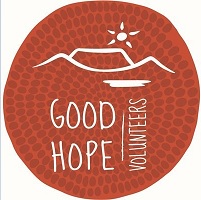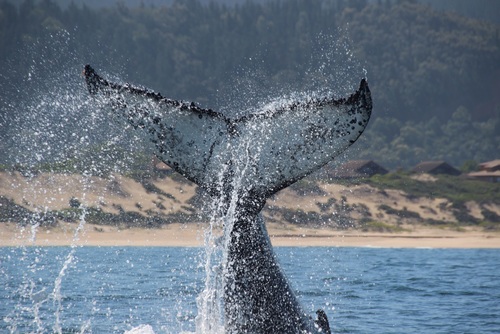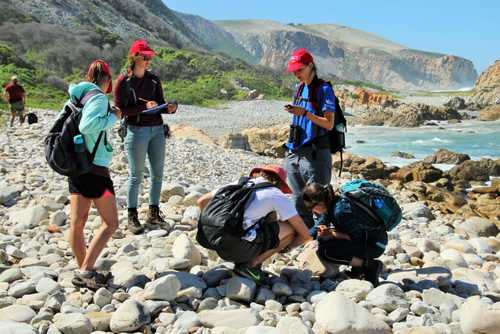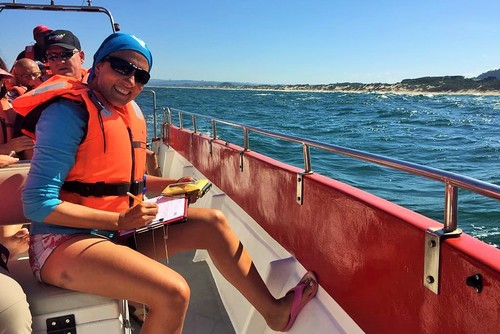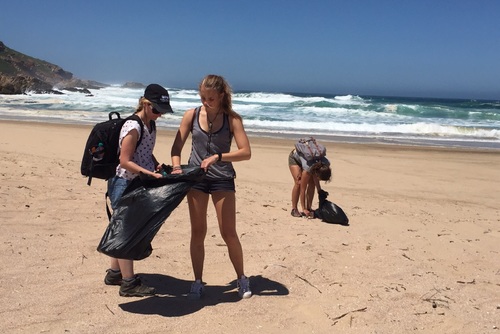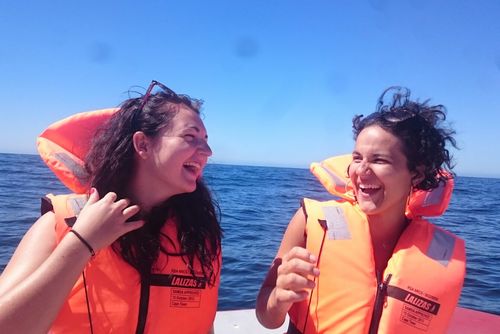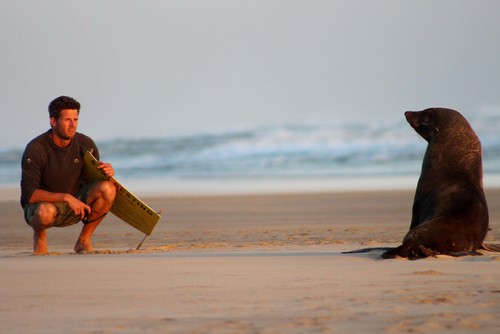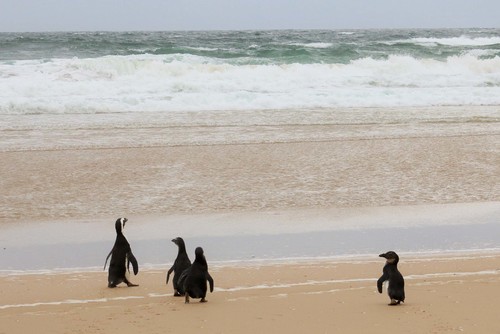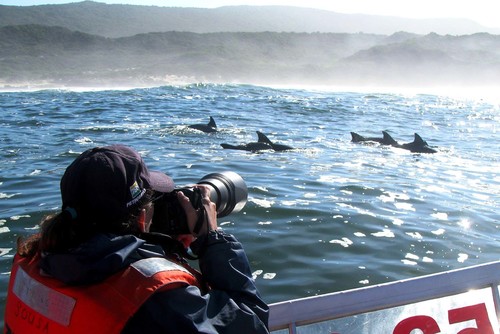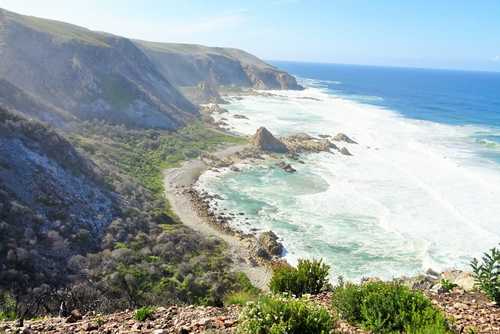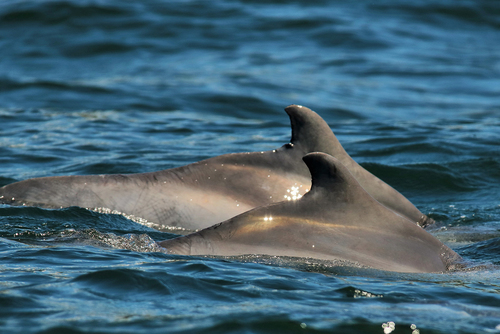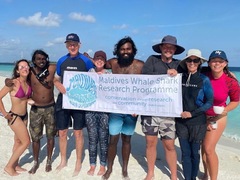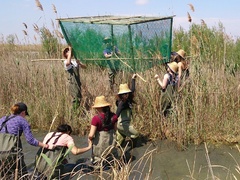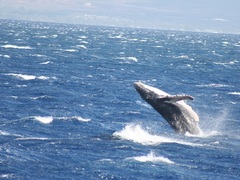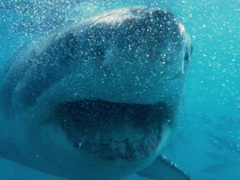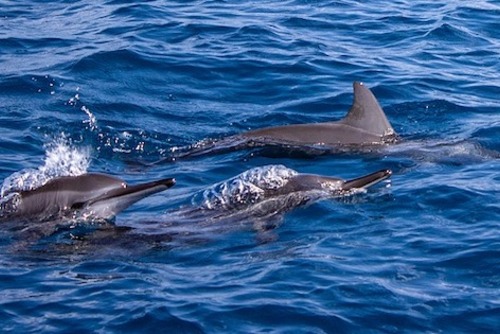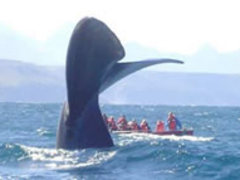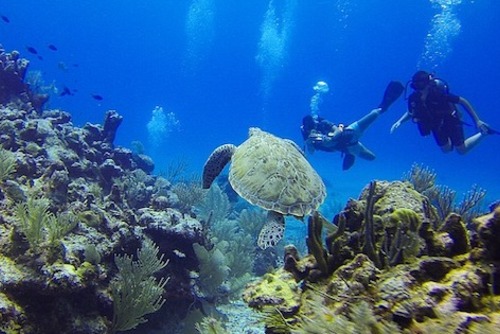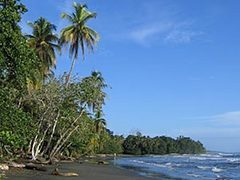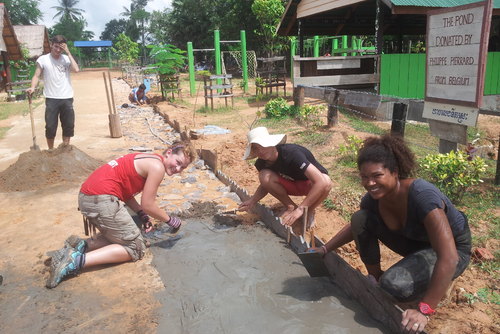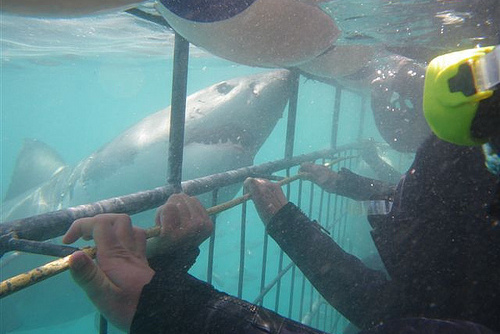The Ocean Conservation project is part of a volunteer community dedicated to marine conservation in South Africa. Like many conservation projects, this organisation depends on the willingness of others to contribute their time and dedication to further volunteering and conservation ethics, which go hand in hand for a better future.
This project found its humble beginnings during a conversation between two friends in the Plettenberg Bay area when they noticed silverfish, a staple in the dolphin diet, being caught by foreign boats in the distance. In the weeks following, dolphins began to disappear from the bay. Not surprisingly, the cause for their disappearance was the dissipating food source; silverfish were almost removed from the bay entirely by fisherman.
This event raised many concerns for the citizens of the local community in Plettenberg Bay, which is home to some of the most diverse marine wildlife, including bottlenose dolphins, humpback dolphins, common dolphins, orca whales, humpback whales, southern right whales and great white sharks. In response to these concerns, the Ocean Conservation project created an education wing to add to their pre-existing marine eco-tourism company.
This addition focused on marine education, conservation, and research, and was aptly named Ocean Conservation. When the program first started in 2000, its main goal was to create a bay management plan with the help of its first research students. A partnership was arranged with the government organization, Cape Nature, to police the Bay. The Ocean Conservation project provided the needed equipment and Cape Nature enforced the law in the area. Within a couple of months, no illegal boats could be found in the bay. The Plettenberg Bay municipality eventually accepted this plan, and the Ocean Conservation project has since continued to monitor the bay under the supervision and guidance of many universities and governmental institutions.
It wasn’t long before the community started noticing improvements and expressing curiosity about the different “works in progress” at the foundation. The local interest and desire to help the Ocean Conservation cause snow-balled into what is now the volunteer programme, where people from all over the world come to dedicate their time and help progress education, research, and conservation initiatives.
What to Expect
You volunteer from Monday to Friday, from 08:00 to 17:00. On some days, you can be on the water as early as 06:00. Evenings and weekends are your leisure time. Some days involve more work and longer hours, while others move at a leisurely pace. Planned activities can change on a moment’s notice, especially if the weather turns or something exciting, like a marine mammal stranding, comes along. Be prepared to go with the flow.
The project involves a conservation and community focus. Many of the activities happen on a weekly basis, but some are more irregular. Depending on the length of your stay and level of experience, the project may ask you to take on more responsibility where you will perform a larger portion of the work and even train new volunteers.
Environmental Activities:
- dolphin and whale watching boat trips
- humpback dolphin photo-identification
- marine mammal stranding response and necropsy
- seals in estuaries monitoring
- seal population monitoring
- seal-shark interaction monitoring
- seal-fisheries interaction monitoring
- seal scat collection, processing and analysis
- seal pup tagging and weighing
- beach surveys
- bayworld/SAMREC trip
- aquarium maintenance, bait collection, and fish capture
- alien vegetation clearing: removal, use/disposal
- tree planting
- assisting local rehabilitation and conservation centres
- bird ringing
- fish tagging
- MiniSASS/River health assessments
- investigating intertidal rock pools
- hikes and walks
- data capturing/processing/entry
- citizen science project contribution
- beach clean-ups
- scientific lectures
Community Activities:
- assisting at Siyakula Creche (disadvantaged children) & the soup kitchen
- assisting at Sterreweg (children with disabilities)
- assisting at KAWS Animal Welfare Services

